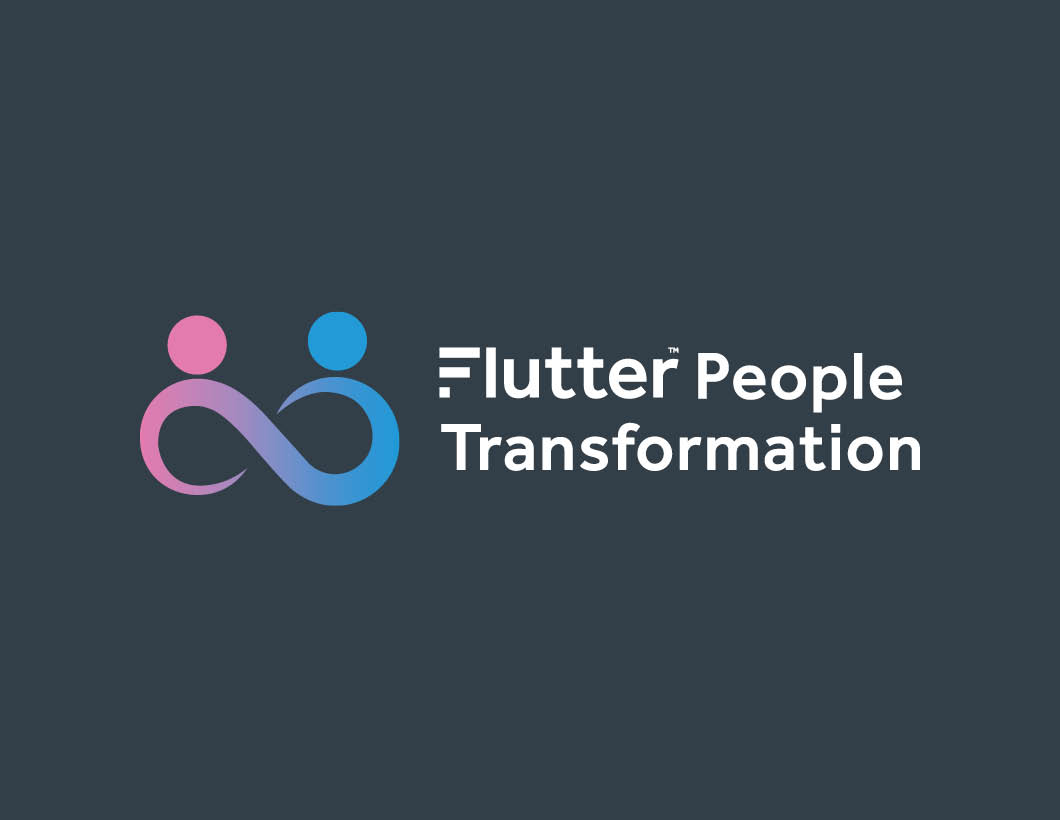Accessible Entertainment: How Blind People Enjoy Life and Fun
Introduction: Rethinking Entertainment Beyond Sight
Entertainment is a universal human need, and for blind individuals, it takes on unique and vibrant forms. Blindness may change certain methods of access, but it doesn’t limit the spectrum of activities available. From music and storytelling to adapted sports and tactile arts, blind people engage in pastimes that offer joy, connection, and fulfillment. This article explores the many ways blind people entertain themselves, provides actionable guidance for accessing these options, and highlights resources for further exploration.
Music: Universal Enjoyment and Creative Expression
Music is one of the most popular and accessible forms of entertainment for blind individuals. Many renowned musicians like Stevie Wonder and Ray Charles have shown that visual impairment is no barrier to musical excellence. Blind people may choose to play instruments, sing, compose, or listen deeply to music. Modern technologies, such as accessible audio workstations and streaming platforms like Apple Music and Spotify, allow for easy access to vast music libraries. Smart speakers like Alexa provide hands-free control and voice navigation, making music even more accessible [3] . Local music programs, community choirs, and online tutorials can help blind individuals learn and participate in music-making. To get started, consider asking your smart speaker to play your favorite song or research local music classes that welcome visually impaired participants.
Reading and Storytelling: Audio and Braille for All
Books and stories are more accessible than ever for blind readers. Audiobooks, podcasts, and Braille publications open a world of literature and information. Services like Audible, Bookshare, and the National Library Service for the Blind and Print Disabled (NLS) provide thousands of titles in accessible formats [1] . Many libraries offer talking books and Braille materials for free or through loan programs. Screen readers such as VoiceOver (Apple) and JAWS (Windows) enable independent access to digital content. For those interested in joining a community, Braille book clubs and storytelling groups are available in many areas. To access these resources, visit your local library and ask about accessible reading materials or search for “audio books for the blind” on your preferred device.
Tactile Arts and Crafts: Creativity Through Touch
Art does not require sight; tactile and spatial imagination are powerful means of creative expression. Blind artists often engage in pottery, sculpture, weaving, and textile crafts. 3D art is particularly popular, allowing for the exploration of form and texture. Classes in pottery or tactile painting may be available at local community centers. Tactile arts can be enjoyed solo or in groups, and many online tutorials are accessible via screen readers. For inspiration, look up artists like Esref Armagan, who paints entirely by touch. To start with tactile arts, consider purchasing clay or textured materials from craft stores and joining a local class that welcomes blind participants [1] .

Source: mimundomanualyartistico.blogspot.com
Games and Puzzles: Adapted for Accessibility
Board games and puzzles have evolved to become more inclusive. Many popular games now offer braille or tactile versions, including Monopoly, chess, Scrabble, Uno, dominos, and card games [2] . Tactile chess sets and Braille playing cards make it possible to enjoy classic games with friends and family. Online retailers and specialty stores offer adapted games, and some organizations host game nights for blind and visually impaired people. To find these games, ask at local toy stores or search for “braille board games” online. For group fun, consider organizing a tactile game night or joining a Braille book club [5] .
Physical Activities: Sports, Exercise, and Outdoor Fun
Blind individuals participate in a variety of physical activities. Adapted sports like beep baseball, blind golf, tandem biking, and bowling are popular [4] . Nature walks, hiking, and dance classes also offer opportunities for movement and enjoyment. Many community centers provide accessible fitness classes or organize sports leagues for visually impaired participants. When trying a new physical activity, ensure the environment is safe and free of obstacles. For outdoor adventures, consider tandem biking with a sighted partner or joining a local hiking group that accommodates blind members.
Technology: Digital Entertainment and Accessibility
Advances in technology have opened new entertainment pathways. Screen readers and voice assistants make it possible to access games, music, and movies independently. Many movies now feature audio description, allowing blind viewers to experience the story through narrated visual elements. Accessible platforms like Netflix and Disney+ offer audio-described content. To access such movies, use the “Audio Description” filter on your streaming service or research the Audio Description Project for resources in your area [4] . Video games with audio cues and accessible mobile apps provide further entertainment options. For help, consult online forums dedicated to blind gamers or visit the official support pages of your favorite gaming platforms.

Source: radiosapiens.es
Social Activities: Community, Volunteering, and Group Events
Many blind people enjoy socializing through group activities, volunteering, and community events. Group storytelling sessions, drumming circles, and meditation classes provide connection and engagement [5] . Community volunteering, such as mentoring or organizing events, can be rewarding and fun. To get involved, contact local nonprofits, community centers, or search for “volunteer opportunities for the blind” in your area. Many organizations offer accessible events and programs designed for visually impaired participants.
Step-by-Step Guidance to Access Entertainment Options
Blind individuals and their families can take the following steps to access entertainment:
- Identify interests: Consider music, games, arts, physical activities, or social events.
- Research accessible options: Use search terms like “audio books for the blind,” “braille board games,” or “accessible sports programs.”
- Contact local libraries and community centers: Ask about programs for the visually impaired.
- Explore technology: Learn to use screen readers, voice assistants, and audio-described content.
- Connect with organizations: Reach out to nonprofits or support groups for blind individuals to discover ongoing activities and resources.
If you are uncertain about where to start, consider contacting your local library, community center, or an organization like the American Foundation for the Blind for guidance.
Potential Challenges and Solutions
Some challenges may arise in accessing entertainment, such as limited availability of adapted products, transportation barriers, or lack of awareness of resources. Solutions include online shopping for accessible games, joining virtual clubs and events, and advocating for inclusive programming at local venues. Many organizations offer support groups and informational resources to help navigate these challenges. If you encounter obstacles, ask for help from trusted professionals or advocacy groups.
Alternative Pathways: Expanding Horizons
If traditional entertainment options are not accessible, consider alternative approaches:
- Online communities: Participate in virtual events and forums for blind individuals.
- DIY tactile projects: Create your own games or art projects with household materials.
- Peer mentorship: Connect with others who have experience in accessing entertainment for blind people.
Exploring different avenues can lead to new interests and connections.
Summary and Key Takeaways
Blind individuals enjoy a diverse range of entertainment options, from music and tactile arts to adapted games and community events. Modern technology and growing awareness have made these experiences more accessible than ever. By using available resources and seeking out inclusive programs, blind people can lead rich, joyful, and fulfilling lives. For further guidance, reach out to established organizations, ask about accessible products at local stores, and explore online communities dedicated to accessible entertainment.
References
- [1] Be Sensable (2025). What Blind People Do for Fun: Hobbies, Tech & Experiences.
- [2] Central Association for the Blind and Visually Impaired (2022). Entertainment for the Blind and Visually Impaired.
- [3] Senior Services of America (2022). What Are the Best Activities for Blind Seniors?
- [4] Industries for the Blind and Visually Impaired (2022). What Do Blind People Do For Fun?
- [5] Sometimes Homemade (2024). 85 Hobbies for Blind People: Engaging Activities for All.
MORE FROM cheerdeal.com













